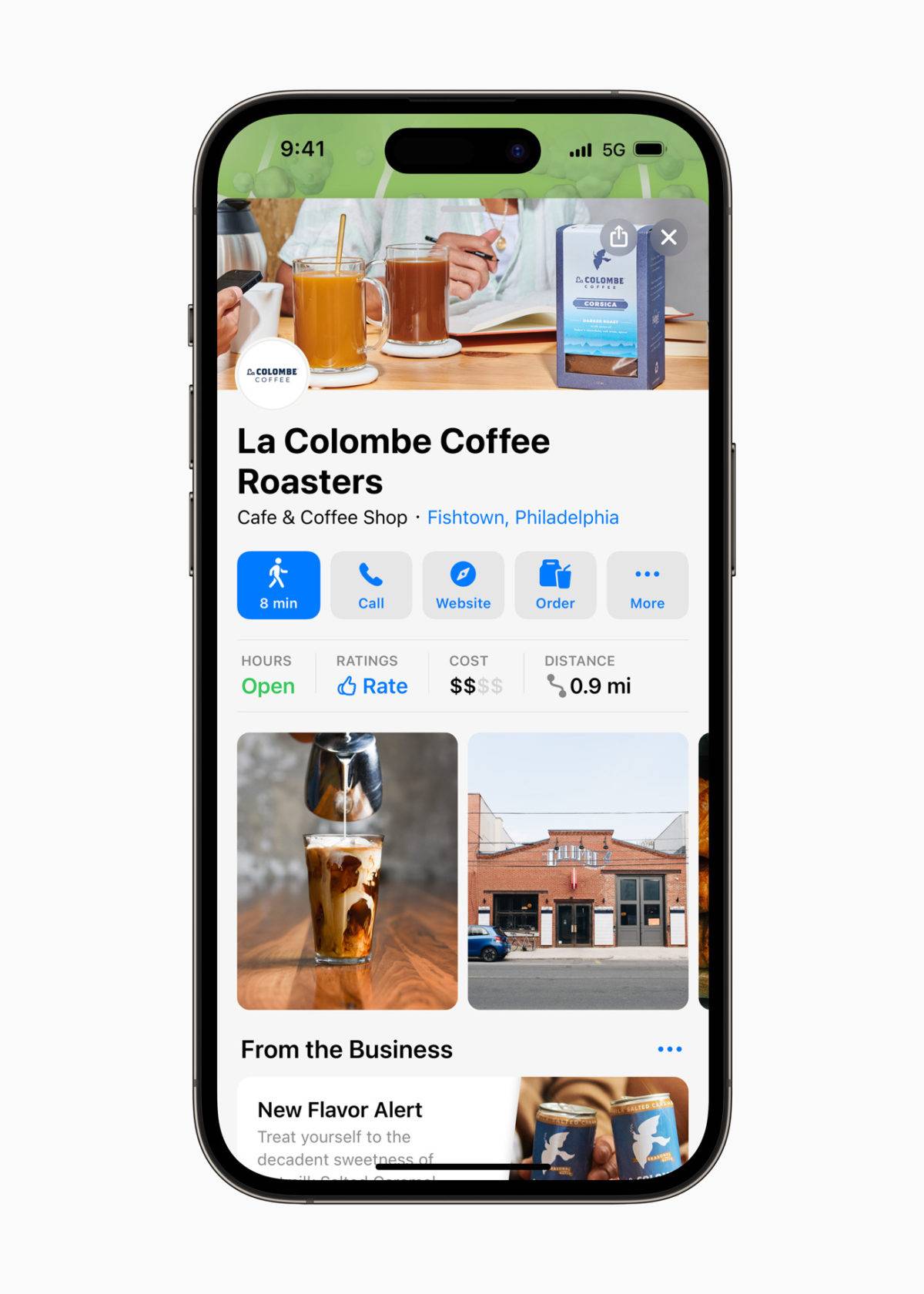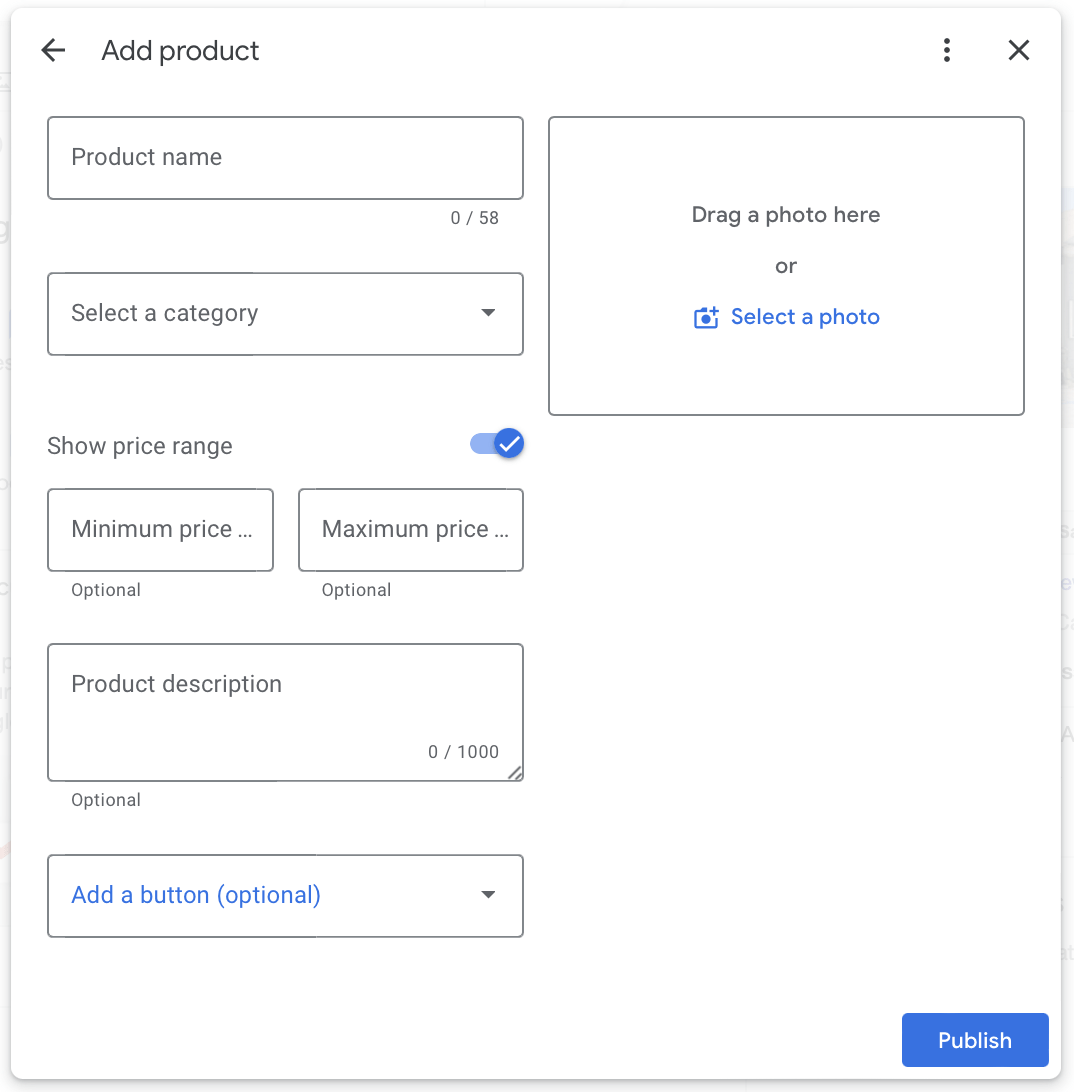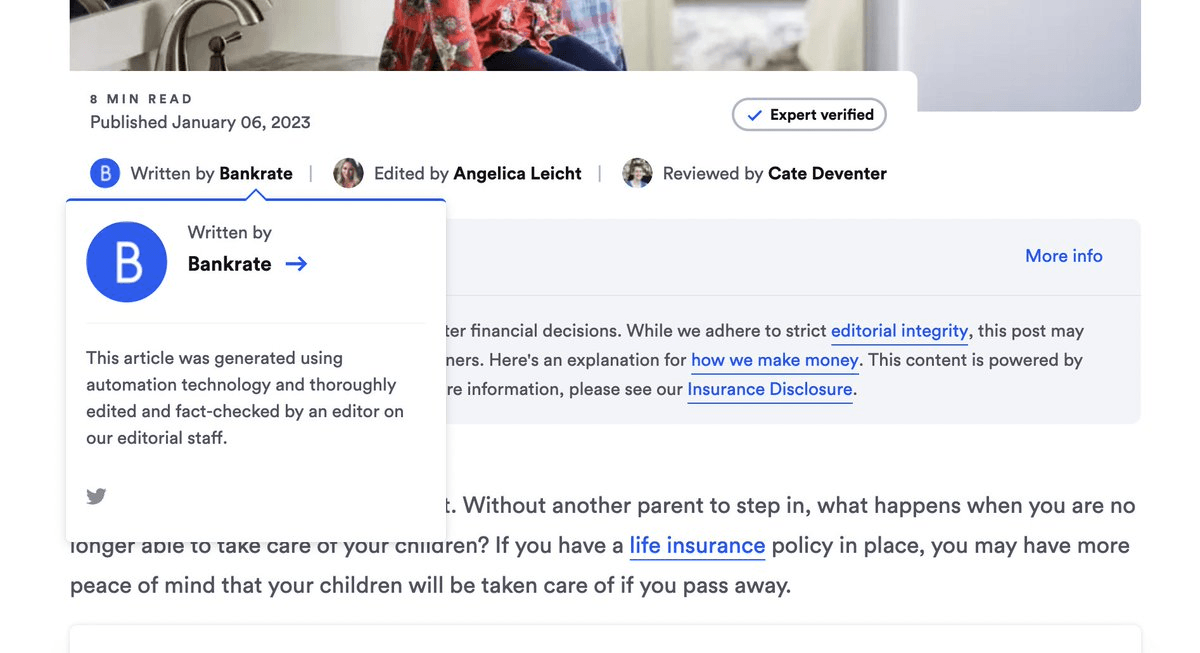Generative Engine Optimization (GEO): Mastering AI-Driven Search in 2025
Local Memo: Apple Launches Apple Business Connect
Local Memo: Apple Launches Apple Business Connect
In this week’s update, learn about Apple’s launch of Apple Business Connect; ChatGPT’s lack of local SEO knowledge; changes to GBP product lists; the state of location intelligence; academic research showing the value of online presence; and Google’s stance on automated content.
Apple Launches Apple Business Connect
As you’ve likely heard by now, Apple has announced the launch of Apple Business Connect, a new offering that includes API access for select partners, including SOCi. Apple Business Connect — or ABC, as some have already taken to calling it — allows for timely updates to business listings, as well as configuration of ordering and reservation buttons that link the Apple Maps app to complementary apps like Instacart, Booking.com, and OpenTable. Apple is also launching Showcases, a feature similar to Google Posts that lets businesses highlight special promotions and offers. Small businesses will be able to claim and manage their listings – which Apple calls place cards – using the Apple Business Connect web interface, while multi-location brands are encouraged to work with one of Apple’s named API partners.

Courtesy Apple
ChatGPT Doesn’t Know Local SEO
Miriam Ellis demonstrates in a recent post that although ChatGPT may do a great job of writing song lyrics and school essays, the AI chatbot of the moment is not an expert in local SEO. Miriam asked ChatGPT five questions that most local SEO practitioners should be able to answer, and found that every response contained misleading info. In the most egregious example, ChatGPT responded to the question, “Can I ask customers to review my business on Yelp?” by suggesting that it was fine to do so, and offering several tactics to help with review solicitation on the platform. Yelp, of course, prohibits businesses from directly asking for reviews.
Despite its lack of local SEO acumen, ChatGPT can already be used today to perform a number of directed SEO tasks, according to Brian Frederick of Search Engine Journal. These include creating copy for low-creativity needs like meta descriptions or variations on ad content; generating keyword lists; developing a content strategy; and writing regular expressions and Excel formulas. Brian provides examples and links illustrating each use case; the general rule is to supervise the input provided by ChatGPT rather than relying on it to produce quality work on its own.
Changes to GBP Product Lists
Google will make some minor changes to the product list feature in Google Business Profiles. Whereas previously, listed products could indicate price with a range like “$50-$100,” now only a single listed price will be permitted per item. In addition, listed products will no longer be able to include custom CTAs; instead, all products will display the CTA “Visit site.” The changes have not yet been implemented, but are projected by Google to go live on February 15. Up until now, businesses have been able to specify either a fixed price or a range of prices for each product, and have been able to choose from CTA options including “Order online,” “Buy,” “Learn more,” and “Get offer.”

Current GBP product interface showing price range and CTA option dropdown
The State of Location Intelligence
Mike Boland, writing for Localogy, reports on the current state of the location intelligence industry in an interview with Gravy Analytics CEO Jeff White. According to a recent report from Gravy, 73% of consumers are still willing to share location information with apps in order to improve app performance, despite the rise of privacy concerns in recent years. Consumers also like the idea of sharing personal information (properly anonymized) in order to improve public emergency response (73%) or other public services like transportation (45%). A core minority group (31%) are glad to have their location information used to personalize experiences on apps and websites, but 68% still say they are concerned about data privacy and protection. In general, younger consumers are more comfortable with sharing location data than older consumers, but also more likely to be concerned that the data they share could be traced back to them as individuals. White says that platforms need to be transparent about how they are gathering and using location data, in order to gain trust from consumers who are willing to share their data when adequate incentives and protections are in place.
Academic Research Shows Value of Online Presence
A study from Michael Luca of Harvard Business School, Gauri Subramani of Lehigh University, and Abhishek Nagaraj of U.C. Berkeley looks at the impact on revenue of establishing an online presence on Yelp. Within a sample set of restaurants and bars in Texas examined by the study, the team found that 18% had no online presence in the form of a Yelp listing. After listings are created for businesses that previously had no Yelp presence, the study measures an increase in their revenue of greater than 5%. The study also finds that businesses that actively manage their Yelp listings tend to have higher ratings than listings that are merely “bulk added” to the platform by Yelp.
Google Gives OK to Some AI-Generated Content
Personal finance website Bankrate has been making waves due to its blatant use of AI to generate content for posts. Articles written using AI tools are identified on the website with a message that reads, “This article was generated using automation technology and thoroughly edited and fact-checked by an editor on our editorial staff.” Google’s Danny Sullivan, commenting on a Twitter post regarding Bankrate’s AI usage, stated that “content created primarily for search engine rankings, however it is done, is against our guidance.” He went on to write, “If content is helpful & created for people first, that’s not an issue.”
Sullivan then reminded readers that Google is looking to promote helpful content that meets its E-E-A-T criteria, demonstrating experience, expertise, authoritativeness, and trustworthiness. Google is, it seems, more concerned with ensuring content is helpful than in vetting the means of generating it. Sullivan in his comments quotes Google’s spam guidelines, which forbid “text generated through automated processes without regard for quality or user experience.”





